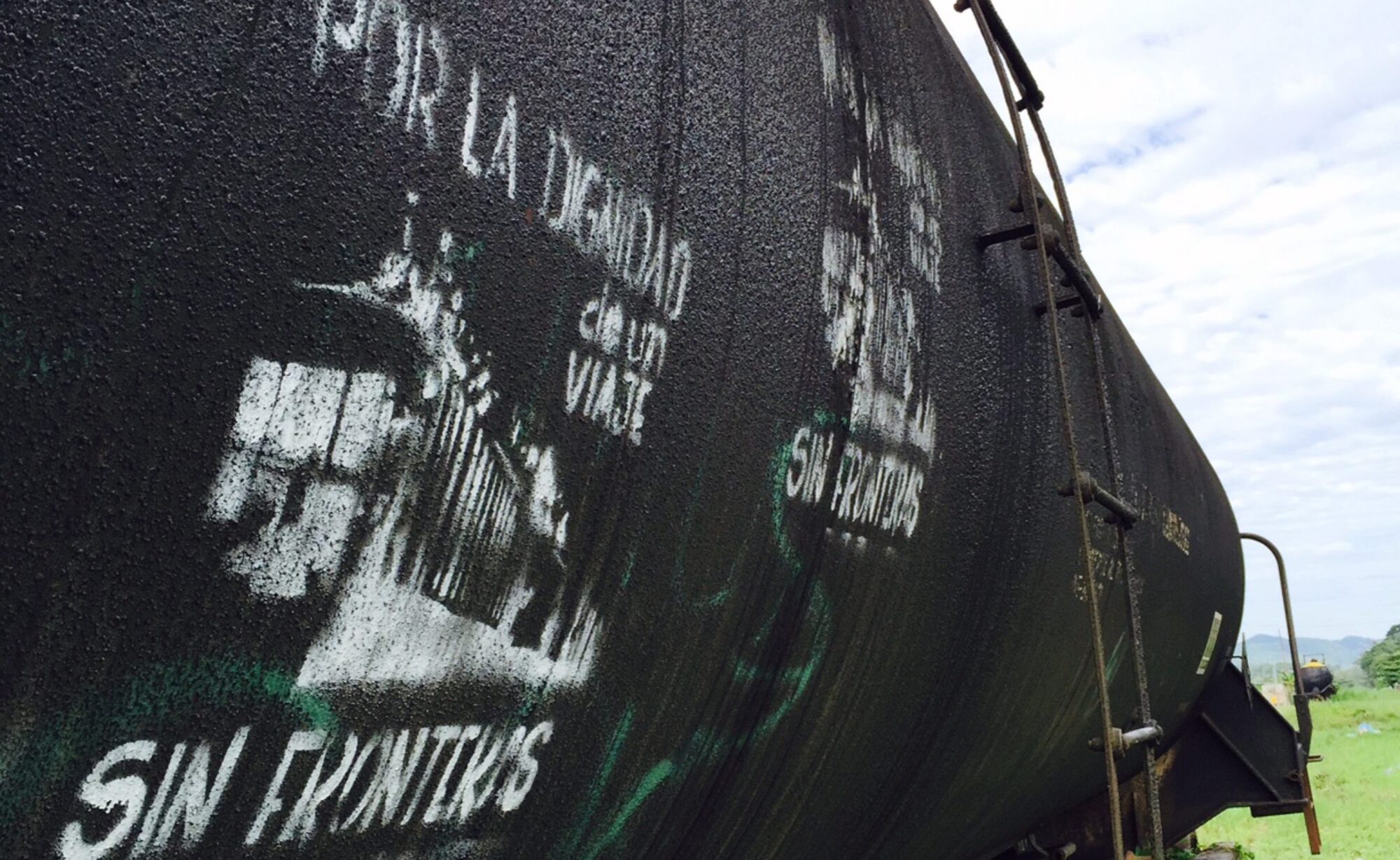In December 2019, the city of Chula Vista announced with much fanfare that it had been designated as California’s first Welcoming City. This designation honored the community’s commitment to include its undocumented residents. Located 15 minutes from the U.S.-Mexico border, Chula Vista has one of the highest populations of immigrants in the United States, about 30 percent of its population of 270,000. Rachel Peric, the director of Welcoming America, said this “inclusive environment” was a “model . . . to ensure residents of all backgrounds—including immigrants, can thrive and belong.”
College student Nicholas Paúl told me his city’s designation “was a proud moment” for his community. Raised on both sides of the U.S.-Mexico border, Paúl is emblematic of many residents from Chula Vista. “I’m a fronterizo,” he told me. Every weekend he crossed the border to Tijuana to visit family and friends. “It’s a way of life,” he said. “It’s not something that is unique to me. It’s my whole family, my whole neighborhood.”
So it came as a shock to Paúl a year later, in December 2020, when an exposé by San Diego’s daily newspaper revealed that the Chula Vista Police Department was sharing information from automated license plate readers with U.S. Customs and Border Protection, the parent agency of the Border Patrol, and of Immigration and Customs Enforcement.
“They collect information not only about license plates but also the car—make, model, color, location coordinates,” Paúl said. Police mounted cameras on four patrol vehicles that constantly take pictures of license plates while they roam the city. Paúl and other Chula Vista residents feared that they were targeting the city’s undocumented population, possibly his very neighbors. Furthermore, the license plate reading program had been in effect since 2017, so this was happening even as Chula Vista received its Welcoming City designation.
Paúl’s testimony is in a new report, Smart Borders or a Humane World?, that I coauthored with immigrant rights organizer Mizue Aizeki, and border scholars Geoffrey Boyce, Joseph Nevins, and Miriam Ticktin for the nonprofit Immigrant Defense Projectand the Transnational Institute.
Read the rest here at The Border Chronicle.
